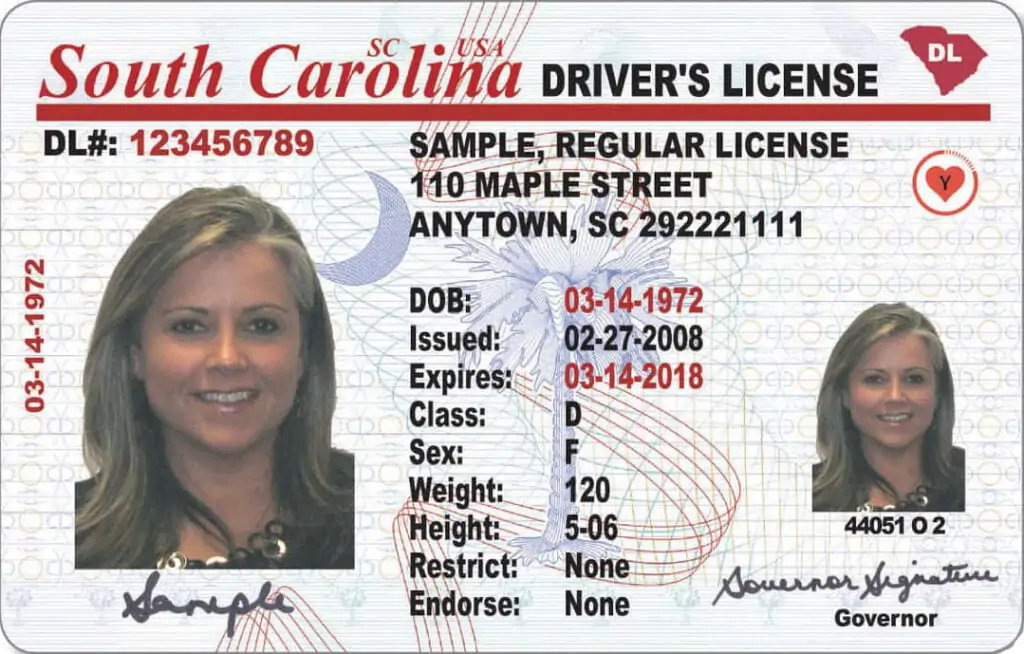South Carolina
ID Scanning Laws
South Carolina law does not explicitly regulate a business’s practice of scanning IDs or retaining information obtained from a scan. This means that, subject to applicable privacy laws, businesses are likely allowed to scan IDs and retain the information obtained from such scans. However, there are instances where merchants are required to record identity-related information, such as the sale of controlled substances and scrap metal recycling. In these scenarios, ID scanning can improve the ease and accuracy of record keeping.




South Carolina State Legislature
ID Scanning Resources
The Legal Framework
South Carolina ID Scanning Laws and Regulations
In the context of hotels, ID scanning can serve multiple purposes. It can help verify a guest’s age, establish their identity, and streamline the check-in process. For hotels with bars or restaurants that serve alcohol, ID scanning can also assist in ensuring compliance with laws related to the sale of alcohol to minors.
However, it’s important to note that while South Carolina law does not specifically prohibit the scanning of IDs, businesses must still comply with applicable federal and state privacy laws when handling personal information obtained from a scan. This includes taking appropriate measures to secure the data and prevent unauthorized access.
South Carolina Senate Bill 425: Alcohol Delivery and Curbside Pickup
While not directly related to hotels, South Carolina Senate Bill 425 provides some insight into the state’s approach to ID verification in the context of alcohol sales. This bill authorizes the Department of Revenue (DOR) to issue a license or permit allowing a retailer to offer curbside delivery or pick up through curbside delivery of alcohol.
Under this bill, a retail dealer or delivery service employee is required to scan and retain, or manually record or document the recipient’s name, date of birth, type of identification presented, and signature. Licensed retail dealers or third parties must maintain records of alcoholic liquor sales delivered by third parties for a period of three years. The records must document the chain of custody of the alcoholic liquors sold by retail dealers and delivered by third parties and shall include the retail dealer’s name, deliverer’s name, recipient’s name, date of birth, type and number of identification presented, delivery address, and signature.
Please note that this information is intended to provide a general overview and does not constitute legal advice. Always consult with a legal professional for advice specific to your situation
South Carolina Anti-Trafficking Network
Our Fight Against Human Trafficking



Knowledge Base
Frequently Asked Questions
Yes, there are no specific laws in South Carolina that prohibit hotels from scanning a guest's ID.
While South Carolina law does not explicitly regulate the information a hotel can retain from an ID scan, hotels must comply with applicable federal and state privacy laws when handling this data.
Yes, hotels can use ID scans to verify a guest's age, particularly in establishments that serve alcohol.
South Carolina law does not specify a retention period for information obtained from an ID scan. However, businesses should consider retaining this information for as long as it is necessary for the purpose for which it was collected, in compliance with any applicable privacy laws.
Hotels should implement appropriate security measures to protect the data obtained from an ID scan. This could include encrypting the data, restricting access to the data, and regularly reviewing and updating security practices.
In the event of a security breach, a hotel should take immediate steps to contain the breach and notify affected individuals, as well as comply with any applicable breach notification laws.
